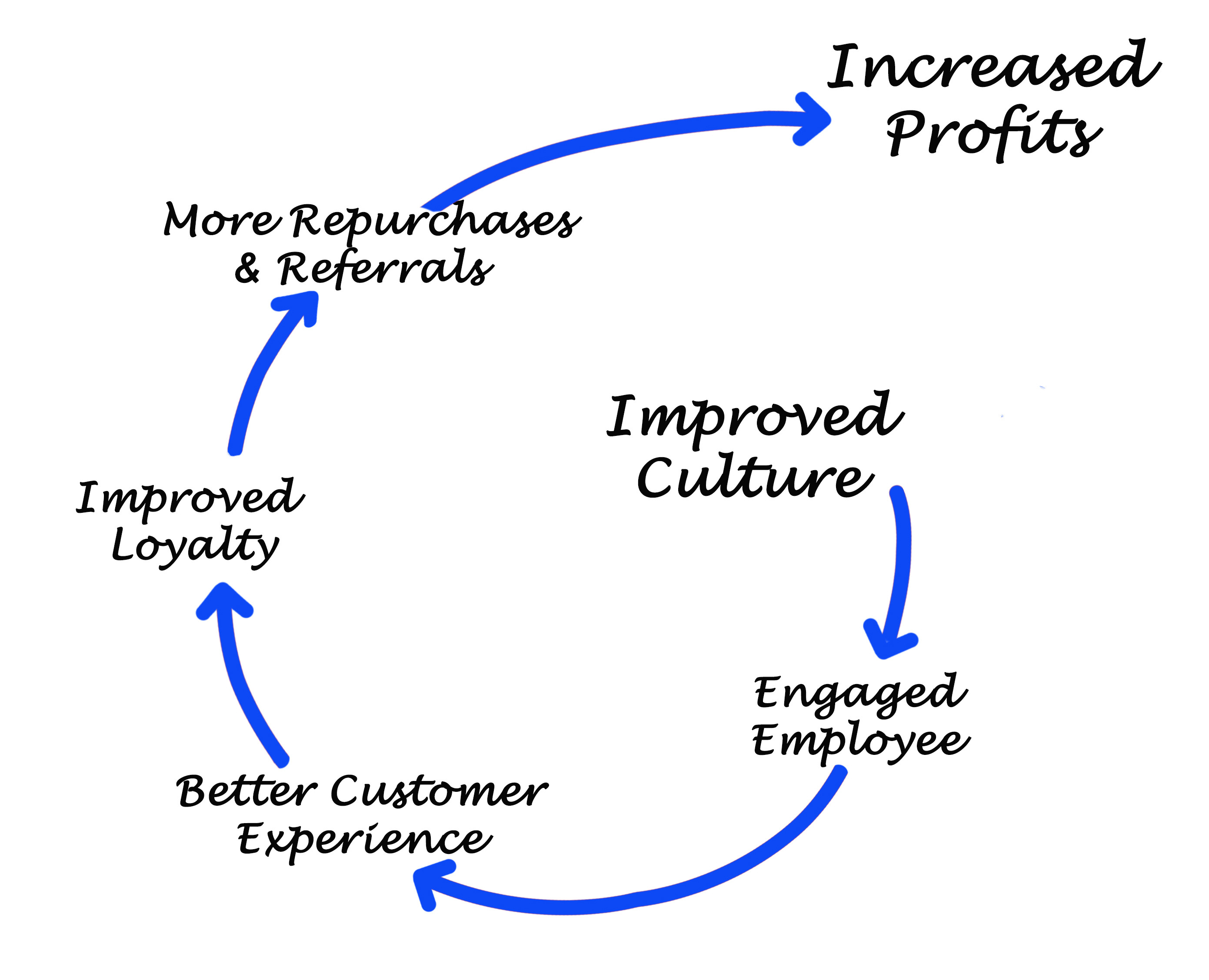How often do you think about the culture of your business and how it might be affecting company performance?
The answer for most SME management teams is hardly ever. And yet as leaders you set the culture, what most employees might sum up as “the way we do things around here”.
But how did those norms, behaviours, characteristics, beliefs and attitudes get established and more importantly are they still relevant to the company today or in the future as it moves forward?
Most SME businesses start with a founder. He or she imbued certain traits on the business. The first of these is success because to become an SME the business has grown, survived and prospered.
But most business founder owners, consciously or unconsciously, also set the company culture. Their way of doing things becomes the “norm” for the way things get done.
As time goes by and as the business becomes more complex, these founding characteristics can become a holdback, particularly if the founder finds it hard to transition their management style from control to leadership as the business grows (see Growing pains).
Workplace culture impacts on performance. It attracts talent. It drives employee engagement, retention, happiness and satisfaction.
Whatever the business ownership structure, getting an understanding of the prevailing company culture is key to delivering a successful transformation outcome.
Here are some factors to consider:
Management style: how managers make decisions; how data is used – as a guide to improvement or as a form of control; the extent to which managers consult, empower, trust and support employees to make decisions; and how managers react when things go wrong
Communication: message content, clarity, manner and frequency of communication. Do managers listen?
Environment: what the work, rest and public areas look like, are treated and maintained; how space is allocated; what is on the walls?
Leadership: how leaders set the agenda, interact with employees, celebrate and recognise success, enforce beliefs and the extent to which they are trusted
Practices: codes of conduct – workwear, PPE, attendance, recruitment, promotion, respect, expenses, authority limits
Governance: is there a Board? Does it meet regularly to review business performance? Is management information timely and relevant? Does the board challenge, review and approve executive management thinking?
In most businesses culture develops over time. It is seldom actively managed or thought about.
Behaviours evolve and become tolerated, particularly if associated with success, often without wider consideration of what the business is striving to be. It’s hard to fire the star performer who “treads on a few toes” whilst getting stuff done.
Often it is easier for an outsider to “shake up the culture”. Outsiders can more quickly spot and challenge sacred cows, particularly when they are being used as barriers to change and improvement.
Companies with strong cultures generally outperform their peers.
So if your business is not performing to its potential, step back and evaluate what your culture is and how it evolved. But, more importantly, determine what you want it to be and make the changes to deliver that transition.

